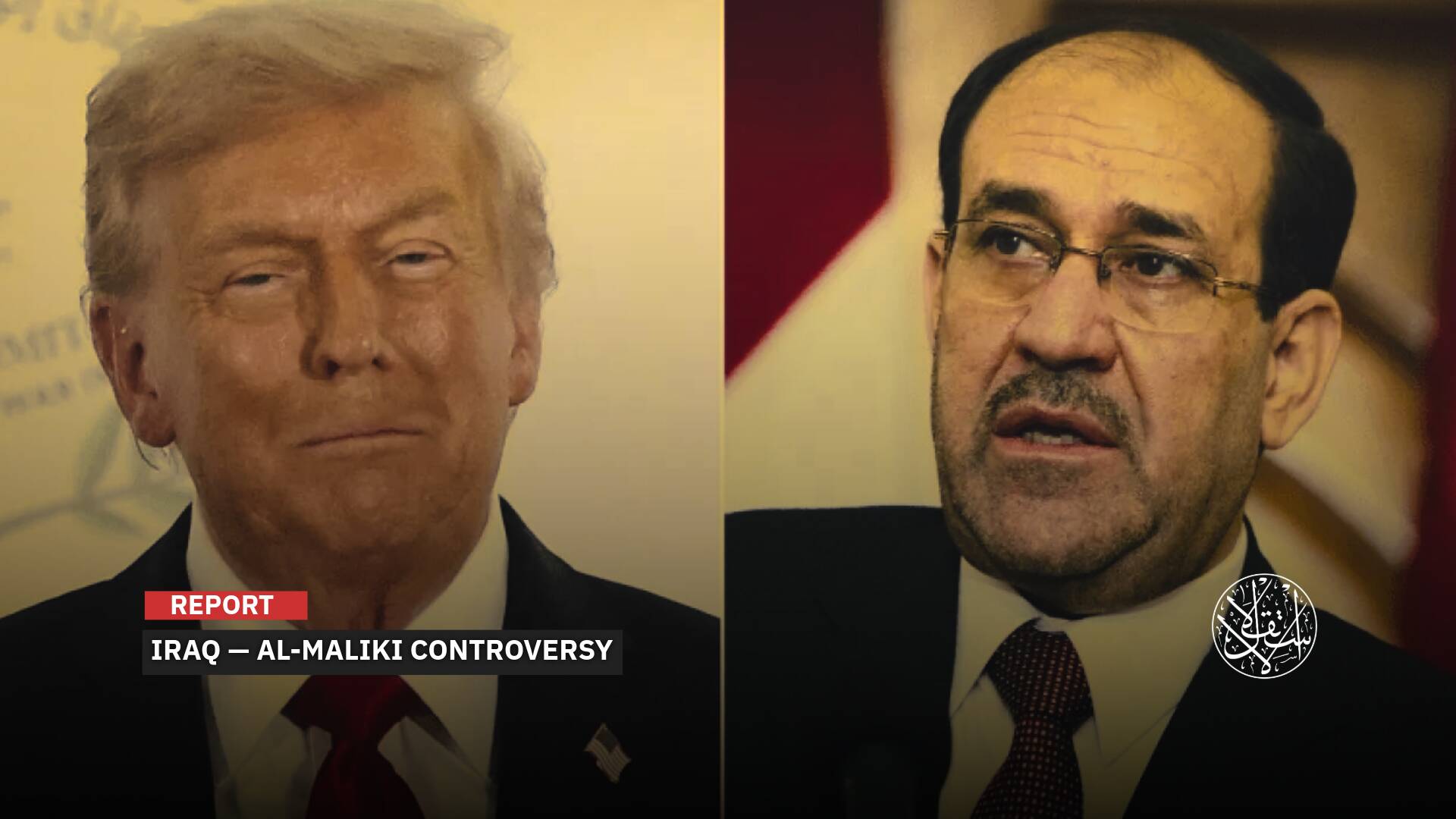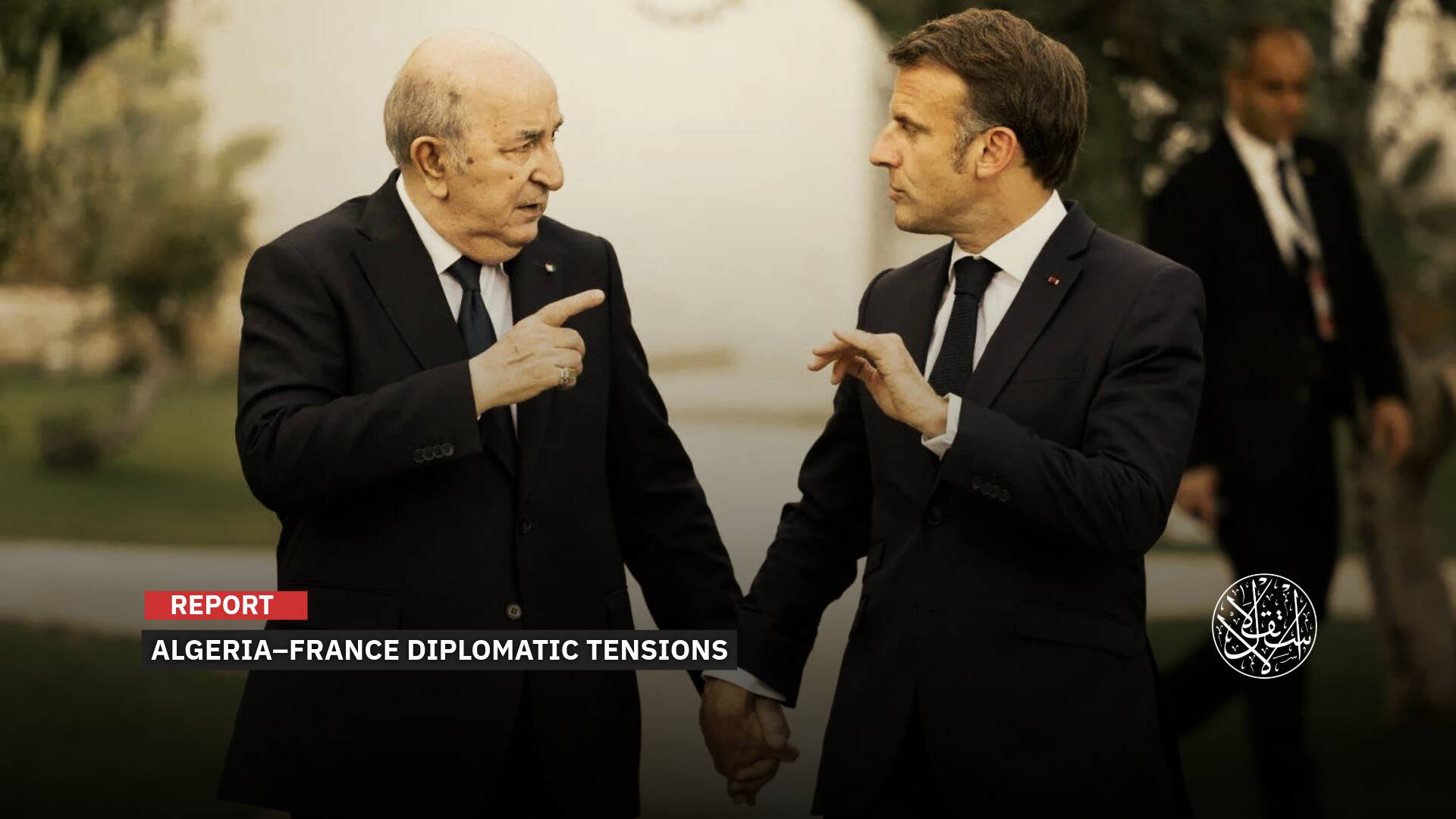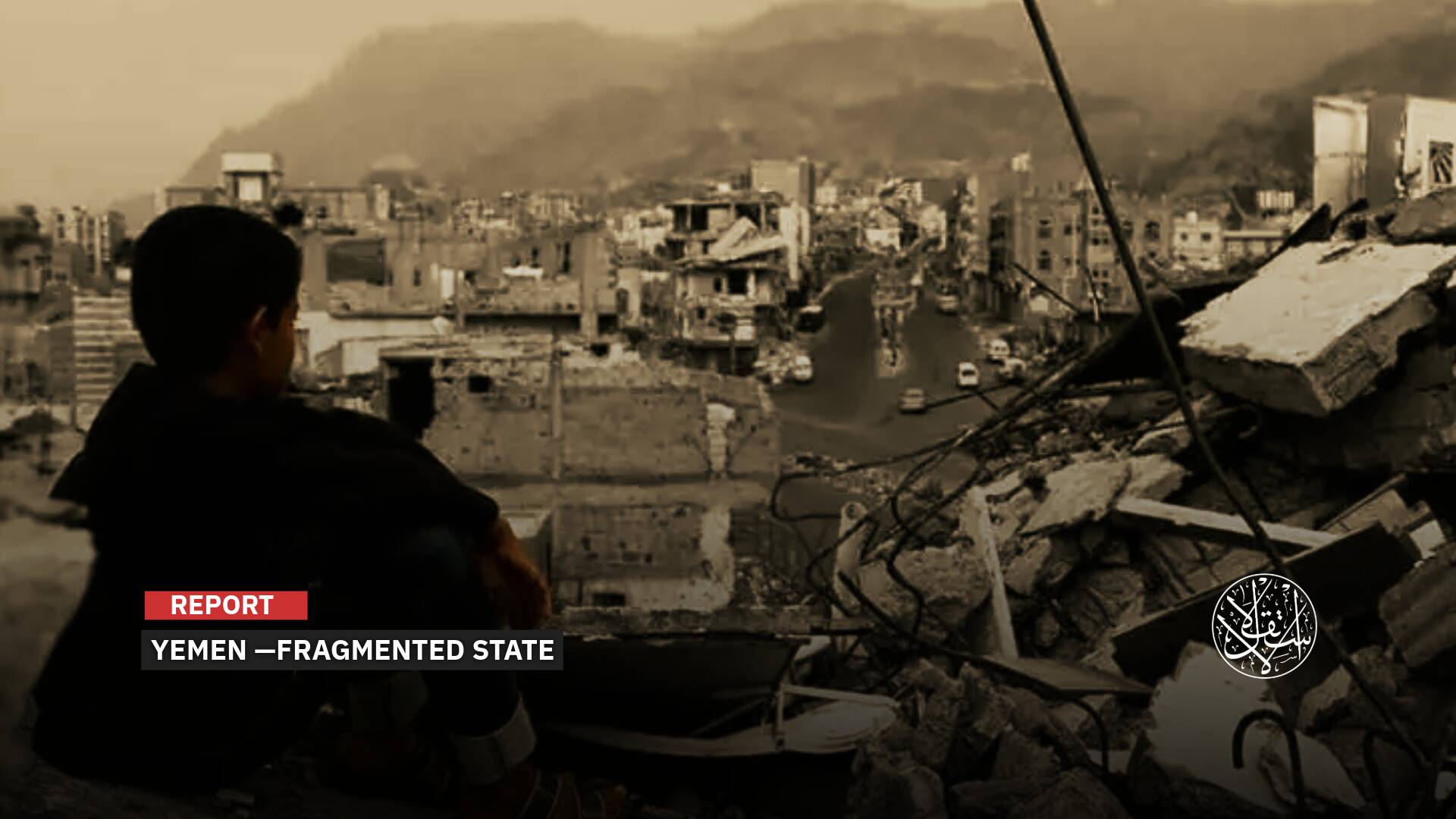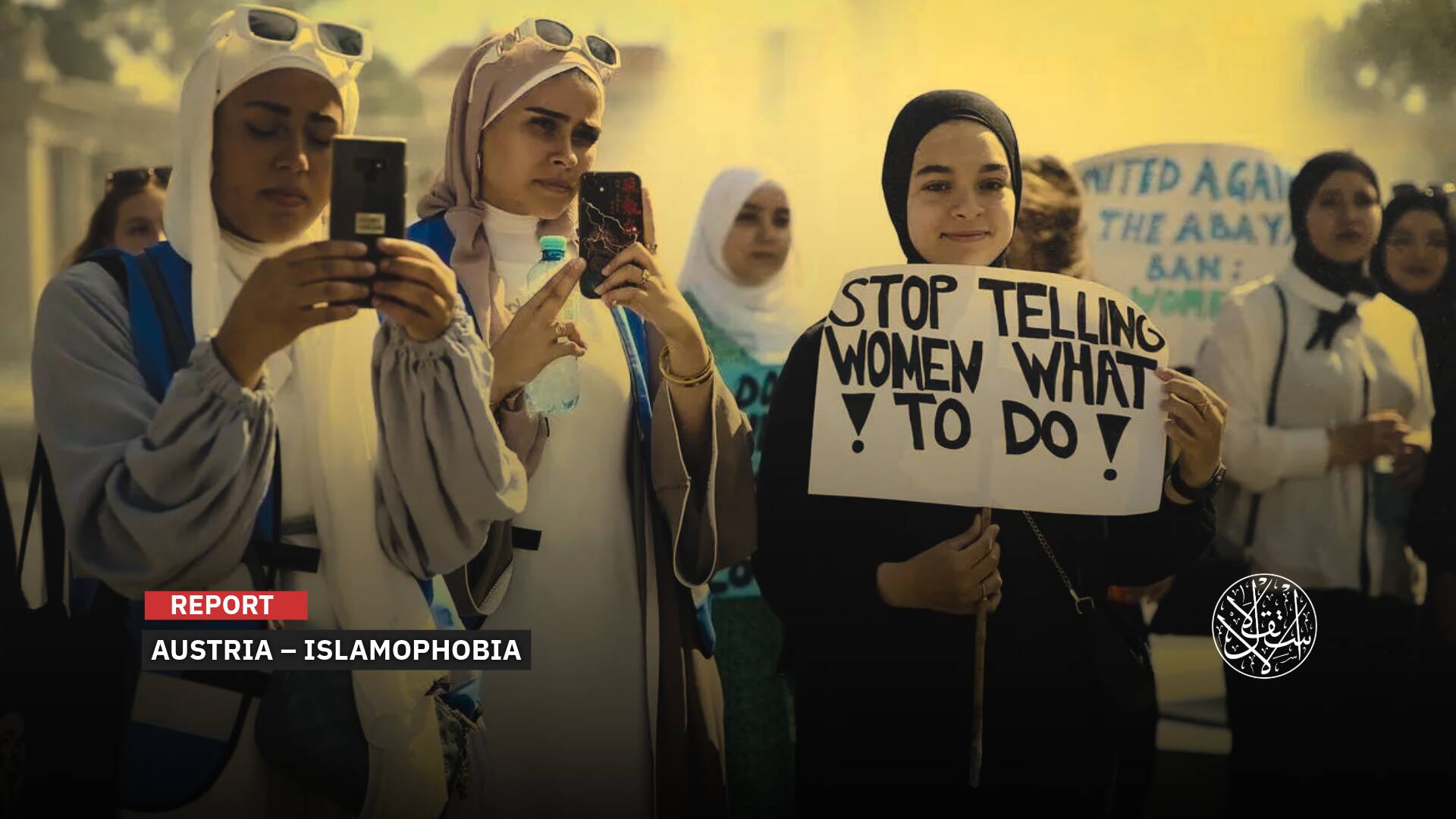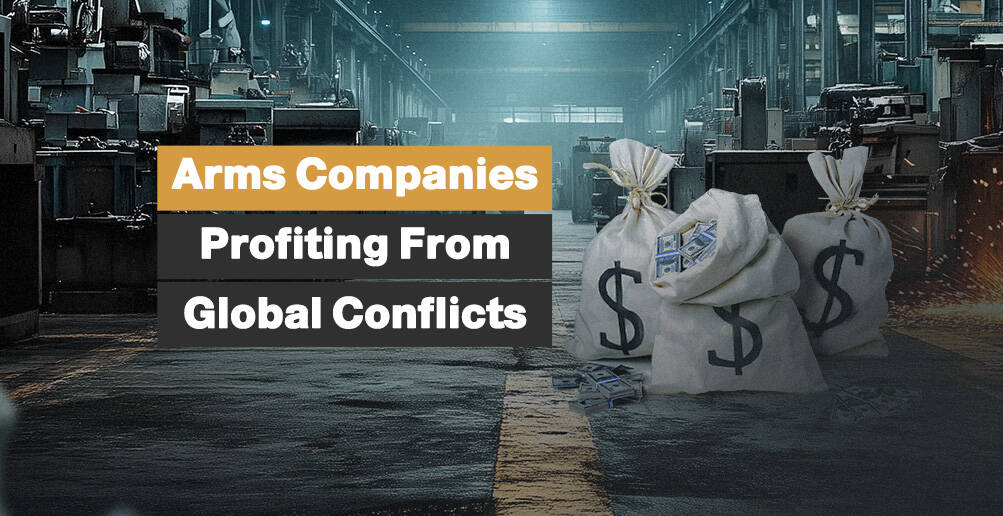Reactions and Repercussions: Will the Moscow Attack Lead to an Escalation of Violence in Ukraine?

“Over 25 years, Russia has seen a series of terrorist attacks.”
Less than 24 hours after the bloody attack in the Crocus City Hall on the outskirts of Moscow, which left more than a hundred dead, the security services announced their success in tracking down the four perpetrators and arresting them along with a number of other participants in planning the attack.
President Vladimir Putin threatened all the perpetrators, organizers, and masterminds of this crime that they would receive fair and inevitable punishment.
Recordings of the confessions of some of the detainees revealed that the perpetrators received instructions via Telegram to open fire randomly and cause as many deaths as possible in exchange for a sum of $12,000.
The most prominent thing in the recordings seemed to be that a Ukrainian trace was found in the horrific crime, which is what Putin hinted at, despite Kyiv's denials.
He said that the four perpetrators tried to hide, heading toward Ukraine, as preliminary data indicate that an exit had been prepared for them from the Ukrainian side to cross the Russian border.
On the other hand, the United States expressed concern that Putin might be seeking to blame Ukraine for the attack, despite the intelligence provided by Washington on March 7 to Moscow about a possible attack, which was not taken seriously by pro-Kremlin voices.
Kyiv rejected suspicions about its involvement in the attack, and the Ukrainian President's Advisor, Mykhailo Podolyak, confirmed that Ukraine had absolutely nothing to do with these events.
The attack was met with widespread world condemnation, and U.S. Secretary of State Antony Blinken said that the attack was a hateful crime, stressing that Washington condemns terrorism in all its forms.
Bloody Attack
In one of the worst attacks of its kind in Russia in the past few years, 137 people were killed and more than 100 injured after gunmen opened fire on attendees at a concert hall near Moscow.
In a televised speech on March 22, Russian President Vladimir Putin condemned the barbaric terrorist act, vowing to punish those responsible.
He announced that the four perpetrators were arrested while they were heading towards Ukraine, without mentioning that ISIS claimed responsibility for that attack.
The Russian Investigative Committee had previously announced the arrest of 11 people, including the four people who carried out the attack, in the Bryansk region, located on the border with Ukraine and Belarus.
This attack is the most fatal in nearly two decades and the deadliest in Europe that ISIS has claimed since the November 13, 2015 attacks in Paris.
ISIS, which is active in the Caucasus, has carried out attacks on Russian territory since the end of 2010, but it has not claimed responsibility for any attack of this magnitude in the country.
The group announced in a statement on Telegram that its fighters attacked a large gathering in the vicinity of the Russian capital, claiming that its fighters had withdrawn to their bases safely.
After ISIS initially claimed responsibility for the attack through a statement, social media accounts usually used by the organization later published a video apparently filmed by the perpetrators of the attack.
However, neither Vladimir Putin nor the Federal Security Service brought any charges against the group. It is also not clear why the group chose this time to carry out the attack in Russia.
Margarita Simonyan, the editor-in-chief of Russian state-controlled broadcaster RT, published video clips showing the confessions of two suspects during their interrogation without mentioning who was committing the attack.
The FSB confirmed that the suspects had contacts in Ukraine to where they intended to flee, without providing any evidence of these supposed connections.
On the other hand, Ukrainian military intelligence indicated that the terrorist attack in Moscow was a planned and deliberate provocation by Russian special services on the orders of Vladimir Putin, confirming that his goal is to justify harsher strikes against Ukraine and mobilize the Russians.
Ukrainian presidential advisor Mykhailo Podolyak said, "The stories presented by the Russian special services regarding Ukraine are unacceptable and ridiculous," stressing that Ukraine has no connection to the incident.
He stressed that Ukraine has never used terrorist warfare methods, but he stressed that there are recent precedents for the involvement of Russian security forces in such actions.
Podolyak was alluding to bomb attacks against skyscrapers in Moscow in the summer of 1999, which then-Prime Minister Vladimir Putin used as a justification for launching the Second Chechen War.

World Condemnations
In the same context, countries and international organizations announced their condemnation of the attack on a concert hall in Moscow, while Washington indicated that Ukraine was not involved in it.
United Nations Secretary-General Antonio Guterres condemned in the strongest terms the terrorist attack in Moscow.
The U.N. Security Council expressed its condolences and urged all countries to actively cooperate with the Russian government and other authorities to hold the perpetrators and supporters of these heinous terrorist acts accountable and bring them to justice.
The NATO spokesman unequivocally condemned the attacks that targeted attendees at a concert in Moscow, stressing that nothing can justify such heinous crimes.
European Commission President Ursula von der Leyen expressed her strong condemnation of the terrorist attack.
Union foreign policy chief Josep Borrell also condemned the brutal attack, stressing that terrorism once again targets defenseless people.
Many European countries, most notably Germany, France, Italy, Spain, and Sweden, also announced the terrorist attack in Moscow.
On his part, Polish Prime Minister Donald Tusk condemned the brutal attack, expressing his hope that it would not become an excuse for escalation of violence.

The White House offered its condolences, and a spokesman for the U.S. National Security Council said: We express our sympathy to the victims of this horrific attack, adding that there is absolutely no Ukrainian involvement.
He stressed that the United States warned the Russian authorities on March 7 of a planned terrorist attack that would likely target large gatherings in Moscow.
U.S. officials believe that the Russian President often tried to distort events, even tragic ones, to fit his public narrative.
More than two years ago, Putin accused Ukraine of committing terrorist acts to justify his comprehensive invasion of it on February 24, 2022.
Officials said Putin may do so again after the Crocus City Hall attack, seeking to use the loss of life to undermine support for Ukraine around the world.
Analysts in the fight against terrorism said that "Islamic State – Khorasan Province" had been focusing its attention on Russia for two years, holding Russian President Putin responsible for the interventions in Syria, Chechnya, and Afghanistan.
The Moscow attack, like the January attack on Iran, may lead to a reassessment of the group's capabilities to carry out operations outside the territories in which it usually operates.
The U.S. had warned Iran of a possible attack before the twin bombings last January, which killed dozens and injured hundreds of others at a memorial service for former Iranian general Qasem Soleimani, who was killed in an American drone strike four years ago.

Major Attacks
It is noteworthy that there is a long list of major attacks that occurred inside Russia during the past quarter-century, as reported by Reuters.
In 1999, bombs destroyed residential buildings in Moscow, Buynaksk, and Volgodonsk, killing more than 200 people, with Moscow pointing the finger at the Chechens, who blamed the Russian intelligence services.
On August 8, 2000, a bomb explosion killed 13 people and injured 90 in a crowded Moscow tunnel.
On December 5, 2003, a commuter train exploded outside Essentuki Station in southern Russia, killing 46 people and wounding 160.
The period between October 23 and 26, 2002, saw Chechen rebels detain 700 people in a theater in Moscow.
Russian forces stormed the building and used gas to expel the attackers, killing 41 rebels and 129 hostages.
On February 6, 2004, a suicide bombing killed at least 39 people and injured more than 100 others on a Moscow metro train, in an attack that police blamed Chechens.
On August 24, 2004, female suicide bombers blew up two Russian airliners almost simultaneously near Moscow and Rostov, killing 90 people.
Between September 1 and 3, 2004, more than 300 hostages, half of them children, were killed in a school in the North Ossetian town of Beslan after it was seized by Chechen rebels.
On August 21, 2006, a bomb explosion killed 10 people and injured 50 others in a market on the outskirts of Moscow.
On November 27, 2009, a bomb exploded on the Nevsky Express train between Moscow and St. Petersburg, killing at least 26 people and wounding 100 others.

On March 29, 2010, at least two explosions occurred at subway stations in Moscow, killing 40 people.
On January 24, 2011, more than 30 people were killed and about 130 others injured in a suicide bombing at Moscow Domodedovo Airport.
On December 29 and 30, 2013, two suicide bombers killed 34 people in attacks on a railway station and a bus in the Russian city of Volgograd less than two months before the start of the 2014 Winter Olympics in Sochi.
On April 3, 2017, 16 people were killed, including the suspected perpetrator, after an explosion occurred in a subway car in St. Petersburg.




